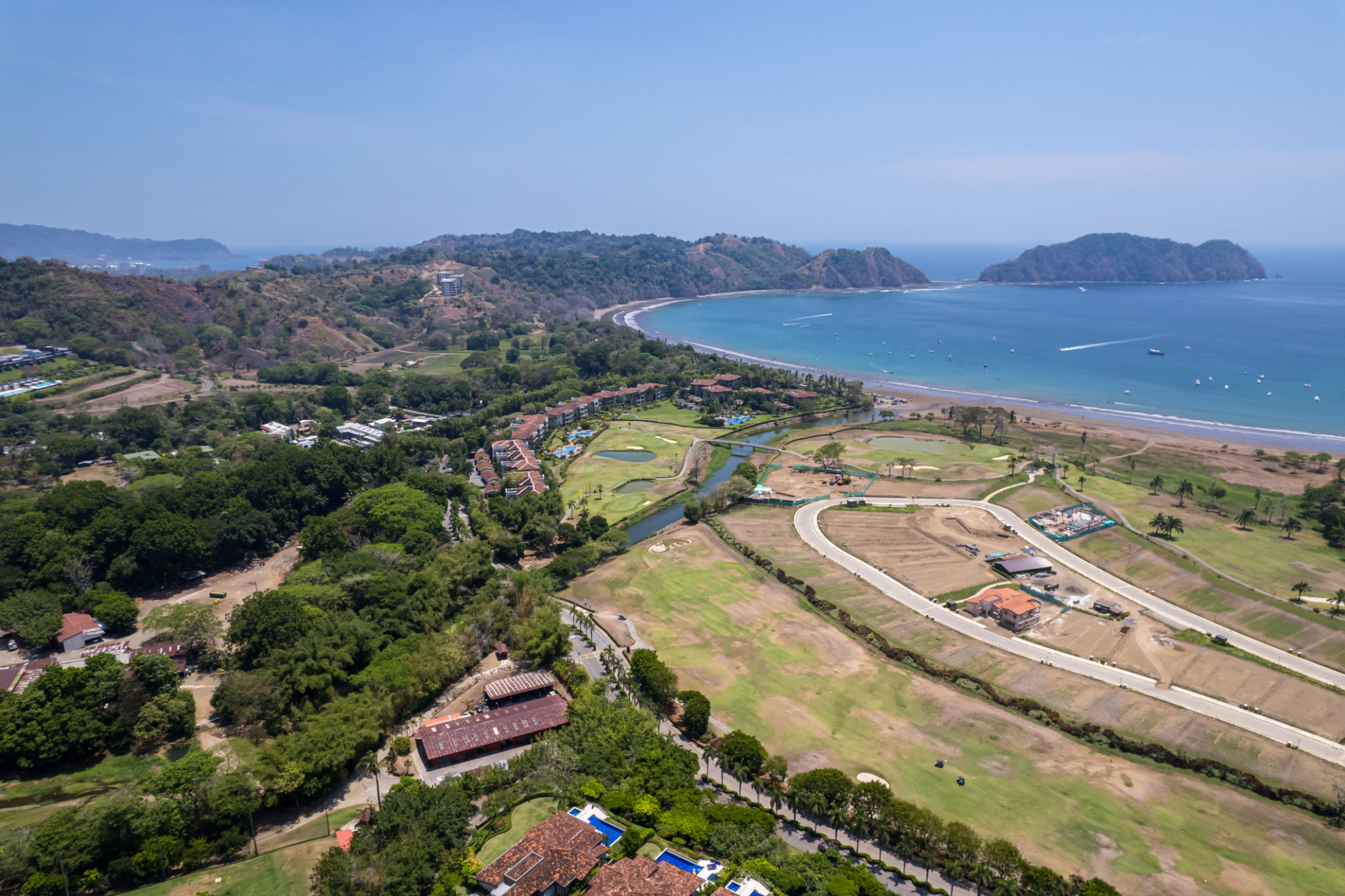Expert Insights: Navigating Costa Rican Real Estate Regulations
Understanding the Basics of Costa Rican Real Estate Regulations
Navigating the world of real estate can be a daunting task, and when it comes to international markets like Costa Rica, understanding the local regulations is crucial. Costa Rica, renowned for its stunning landscapes and vibrant culture, has become a prime destination for real estate investment. However, diving into this market requires a keen understanding of its unique regulations and legal frameworks.

Property Ownership in Costa Rica
One of the most appealing aspects of Costa Rican real estate is that foreigners enjoy the same rights as locals when it comes to property ownership. This means that investors can own land directly and have full control over their investment. However, certain restrictions apply, particularly when it comes to maritime zones where special regulations govern land use.
In these zones, the first 50 meters from the high tide mark is public land, and the next 150 meters are considered a restricted zone. Foreign investors can lease land in these areas but must adhere to specific guidelines and secure the necessary permits.

Legal Requirements and Due Diligence
Before purchasing property in Costa Rica, it is essential to conduct thorough due diligence. This involves verifying the property's title and ensuring there are no existing liens or encumbrances. Working with a reputable real estate attorney is highly recommended to navigate this process efficiently.
The National Registry of Costa Rica provides detailed information about property titles and ownership history, which can be accessed online. This transparency is beneficial for ensuring that potential buyers have access to all necessary information before making a purchase.
Understanding Zoning Laws and Permits
Zoning laws in Costa Rica dictate how land can be used, and these can vary significantly between different regions. Understanding these laws is essential for investors looking to develop land or build properties. Local municipalities are responsible for zoning regulations and issuing building permits.

It is crucial to consult with local planners and architects who are familiar with regional regulations to ensure compliance with zoning laws. Failure to do so could result in costly fines or delays in your real estate project.
Financing and Taxes
Financing options for purchasing real estate in Costa Rica have expanded over the years, with both local and international banks offering mortgage solutions for foreigners. That said, interest rates may differ from those in your home country, so it's important to understand the terms thoroughly before proceeding.
Property taxes in Costa Rica are relatively low compared to many other countries. The annual property tax rate is around 0.25% of the registered property value, making it an attractive destination for long-term investment.

Expert Insights and Final Thoughts
Investing in Costa Rican real estate offers numerous advantages, but it is not without its challenges. By understanding the local regulations and working with experienced professionals, investors can navigate this market successfully. From property ownership rights to zoning laws and tax implications, having expert insights at your disposal can make all the difference.
Whether you are looking to buy a vacation home or invest in commercial property, taking the time to understand the regulatory landscape will help ensure a smooth transaction and safeguard your investment for years to come.